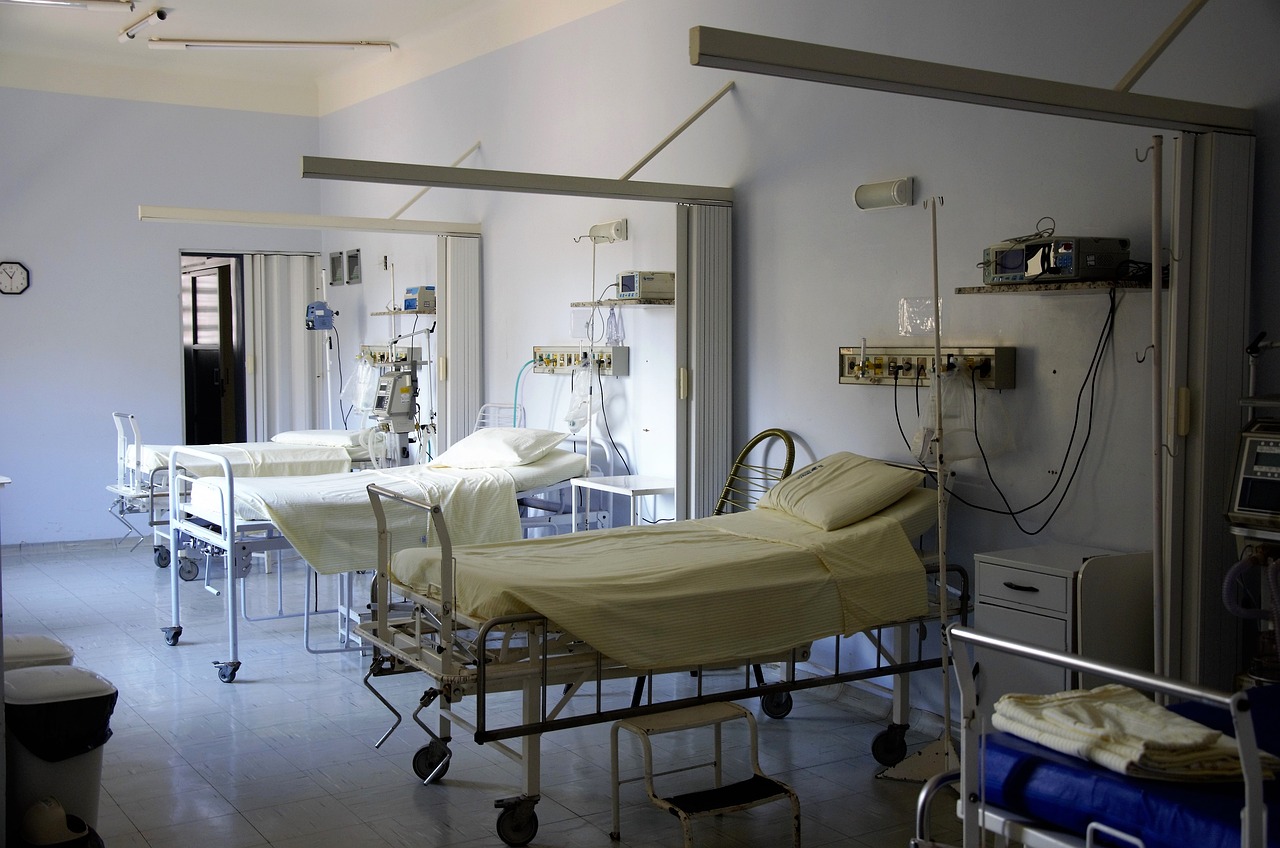Change and Transformation in the Public Sector
 COVID was rife, the country was in lockdown, and PwC’s client was in an intensely difficult situation, with patients spending too long in hospital beds and limited patient flow through the care system leading to inability to deal with the immense patient demand. The Trust was truly at breaking point, with an intense need to more effectively discharge into the community, improve patient access to urgent care services, and reduce average length of stay so that patients were in the right place for the care they needed. These needs were reflected in the Trust’s latest CQC assessment rating urgent care as ‘Inadequate’.
COVID was rife, the country was in lockdown, and PwC’s client was in an intensely difficult situation, with patients spending too long in hospital beds and limited patient flow through the care system leading to inability to deal with the immense patient demand. The Trust was truly at breaking point, with an intense need to more effectively discharge into the community, improve patient access to urgent care services, and reduce average length of stay so that patients were in the right place for the care they needed. These needs were reflected in the Trust’s latest CQC assessment rating urgent care as ‘Inadequate’.
Many practical obstacles stood in the way of the improvement Stockport NHS Foundation Trust needed. Bed capacity was hard to assess, with no single view across the site; wards lacked a consistent focus on performance; discharges into the community caused confusion over actions; demand forecasting was limited; and its culture was reactive. Meanwhile, patients had difficulty accessing care, with limited use of the NHS 111 telephone service, and processes that kept patients waiting for hours in A&E to be seen by the right clinicians.
With COVID-19 exacerbating the national NHS crisis in 2020, Stockport faced unprecedented challenges around safety, and desperately needed help. The Trust recognised that patient flow was key, and wanted to shorten average hospital stays, have fewer people staying longer than planned, and reduce the number staying longer than 14 days. It also sought to improve capacity management, with an effective way to forecast and utilise capacity, and improve its urgent care capability, to give patients the right care first time.
PwC’s proposed solution comprised three key aspects. As a culturally led piece, people and culture were paramount, and the firm would work closely with the Trust’s people to change the culture and skills. Ways of working would be co-designed, to introduce new processes and approaches that made the operation run more smoothly. Last, technology and data would replace the Trust’s manual practices, using suitable platforms and insights to make operations, management and communication more effective.
PwC created a ‘one team’ sensibility, which allowed the client team to identify individual development aims, and focused the whole team on co-designing sustainable capabilities for the Trust, empowering it to own and continue improving on the consultants’ work. An agile approach brought additional benefits during COVID, and rapid technology development also reduced physical risks – for example, the digital patient tracker showed where all patients were, removing the need for physical checks.
As a result of the revamped ways of working, new technology, and ground-breaking data modelling, PwC halved the number of patients staying in hospital for too long, reduced the average stay by 17%, and improved the Trust’s urgent care rating.*
This was a unique, impactful and meaningful piece of work that made a hugely tangible difference for the people of Stockport.
*Benefits reporting based on programme deployment timeline, analysis done by SFT Data team; March 2020 vs October 2020
View the PwC profile in the MCA Members Directory.

